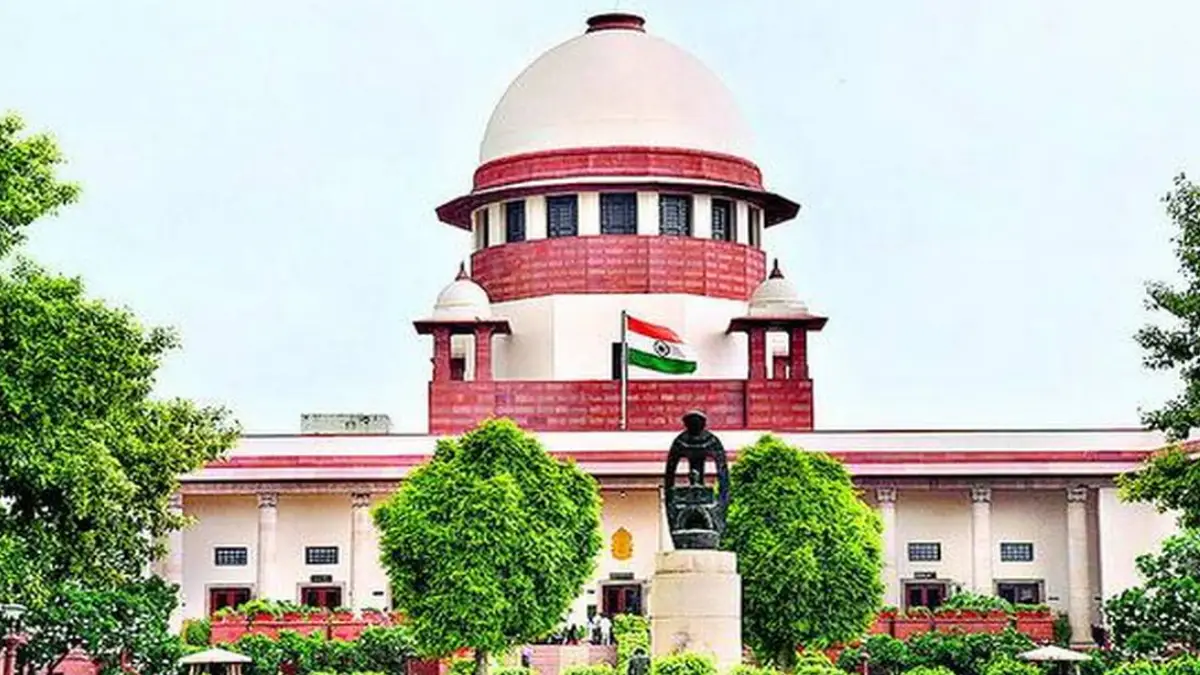Ahmedabad: The Supreme Court on Friday rejected a petition seeking protection of the 400-year-old Mancha Mosque in Ahmedabad from partial demolition carried out as part of a road-widening project. The court observed that the Ahmedabad Municipal Corporation had undertaken the work in public interest and clarified that not only the mosque but several residential and commercial structures were also affected under the same project.
What Was the Case About?
A bench of Justices Surya Kant and Joymalya Bagchi dismissed the plea filed by the Mancha Mosque Trust, which had sought to stop the partial demolition of the mosque’s premises.
According to the Ahmedabad Municipal Corporation, the widening of the road was essential to ease severe traffic congestion in the area. It informed the court that only a small vacant portion of the mosque’s land and part of a chabutra (raised platform) were affected by the project, while the main structure of the mosque remained untouched.
Supreme Court Upholds High Court Order
The apex court upheld the Gujarat High Court’s previous decision, ruling that the case did not involve any violation of religious rights under Article 25 of the Constitution. The bench observed that the Waqf Board could seek compensation if it proves that the disputed land legally belongs to the Waqf property.
The judges also pointed out that the municipal corporation had followed proper procedures under the Gujarat Provincial Municipal Corporations Act (GPMC Act) while acquiring land for the project.
Waqf Board Entitled to Compensation
When the counsel for the mosque requested special protection for the prayer area, the bench clarified that no immediate threat of demolition existed. The court stated, “A temple has also been demolished under this project, and they have not claimed compensation. If the Waqf Board can prove that the land is part of Waqf property, then compensation can be claimed under the GPMC Act.”
The ruling reaffirms that developmental projects undertaken in public interest cannot be stopped solely on religious or institutional grounds, provided due process and compensation rights are respected.
